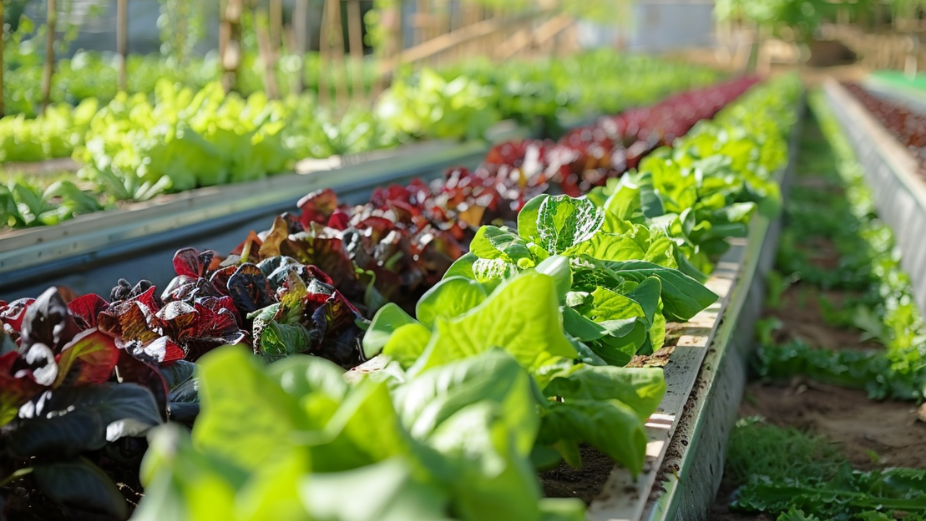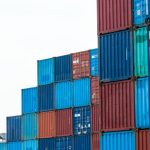
Nestled amidst turquoise waters, the Maldives archipelago evokes images of paradise. Yet, beneath the idyllic surface lies a vulnerability – a dependence on imported food that threatens the nation’s security. With over 90% of its plate coming from abroad, the Maldives is precariously perched on the shoulders of global food chains.
This dependence is a recipe for trouble. Disruptions like the recent pandemic or geopolitical tensions can send shockwaves through import flows, triggering food shortages. The holy month of Ramadan further exposes this fragility. As demand for food items like vegetable and fruit prices skyrocket, leaving low-income families particularly exposed.
Limited Land, Limitless Potential?
The challenge stems from geography. The Maldives is a scattered necklace of islands, with a meagre 2% of the landmass. Traditional agriculture struggles in this sandy terrain. However, innovation offers a lifeline. Hydroponics, a method of growing plants without soil, could be a game-changer.
Imagine rows of lush vegetables thriving not in fields but in climate-controlled greenhouses. Hydroponics uses minimal water and allows for vertical farming, maximizing yields in a limited space. This technology offers the Maldives the potential to become not just a consumer but a producer of its own food.
From Seedlings to Sustainability
The Maldivian government is taking notice. Pilot projects are sprouting up, testing the viability of hydroponics. Initial results are promising.
But the road to self-sufficiency is long. Initial costs can be high, and technical expertise is scarce. Integrating hydroponics into the existing food system requires careful planning and infrastructure development. Moreover, ensuring access to affordable energy sources is crucial for powering these high-tech farms.
Beyond Hydroponics: A Multi-Pronged Approach
Hydroponics is a crucial piece of the puzzle, but not the only one. The Maldives needs a multi-pronged approach to ensure food security. This includes:
- Diversifying Agriculture: Encouraging the cultivation of drought-resistant crops suitable for the Maldivian climate can reduce reliance on imports.
- Strengthening Local Fisheries: Sustainable fishing practices can ensure a steady supply of protein while protecting marine ecosystems.
- Investing in Storage Facilities: Building proper storage infrastructure can help buffer against price fluctuations and prevent food spoilage.
A Community Effort
Ultimately, food security is a national endeavour. Public education campaigns can raise awareness about the importance of supporting local farmers and reducing food waste. Encouraging homegrown initiatives like rooftop gardens can further bolster domestic food production.
The Maldives’ fight for food security is a microcosm of a global challenge. Climate change, population growth, and resource scarcity threaten food security worldwide. The island nation’s success or failure could offer valuable lessons for other vulnerable regions.
Can a nation of scattered islands defy the odds and cultivate a secure future for its plates? The answer lies in embracing innovation, fostering collaboration, and nurturing a commitment to self-sufficiency. Only then can the Maldives truly savor the fruits of its independence, not just politically, but on the dinner table as well.












